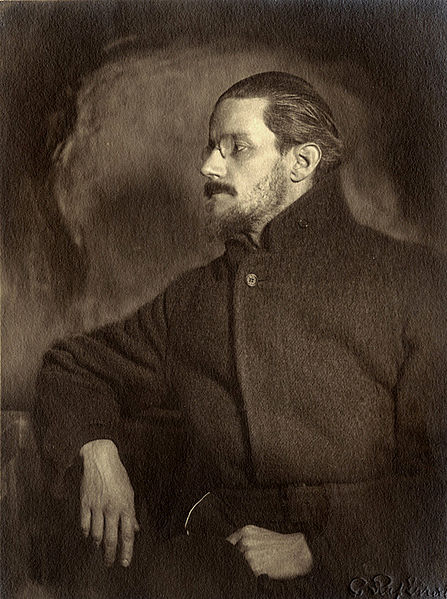
Charlotte Bronte
Picture the scene. You’re teaching a class of rowdy eleven and twelve year-olds, trying desperately to elicit some vocabulary or practise a grammar point. New to young learner classes, you haven’t quite got a handle on discipline yet and are worried that the restlessness bubbling away in front of you might at any second boil over into chaos. Left to their own devices – for example, should you to need dash off to the staff room for a set of photocopies – you’re worried your charges will run amok, un-taming the classroom and turning it into something out of Lord of the Flies. You might, at just such a moment, be sorely tempted to change career. If so, then there’s a veritable list of former English teachers in whose footsteps you might want to follow. One of them was the author of Lord of the Flies himself, William Golding. It was his experience of teaching English to unruly boys at an all-boys school in Salisbury, England, combined with the horrors he had witnessed in the Second World War, which inspired him to write his famous dystopian novel.
Of course, no trained and well-planned teacher who is firm and fair need fear the above scenario, but you might still wonder what career possibilities lie open to teachers who choose to leave the EFL classroom for more than just a handout. Here are some other well-known people who once stood at the board themselves.
(1) After replying to a job advert in the Guardian newspaper, J.K. Rowling went to Portugal to teach English as a foreign language for eighteen months in Porto. Having already begun work on Harry Potter, which she had famously conceived on a delayed train to London, she taught during the day and wrote at night.
(2) In return for board and lodging, Charlotte Bronte taught English at Constantin Heger’s boarding school in Brussels in 1842, while sister Emily taught music. They later went on to write Jane Eyre and Wuthering Heights respectively.
(3) After dropping out of Yale University in the mid 1960’s, Platoon and JFK director Oliver Stone taught English to high school students for six months at the Free Pacific Institute in South Vietnam before leaving to work as a junior crew member aboard a US merchant marine ship, where he cleaned the engine room machinery.
(4) Before finding fame and fortune with a number of award-winning novels, including the Bone Clocks and Cloud Atlas, David Mitchell spent eight years as an English teacher in Japan. His time there inspired much of his first published novel, Number9Dream.

James Joyce
(5) After accepting two jobs that both turned out to be scams, the first in Switzerland and the second in Pola in what is now Croatia, future Ulysses author James Joyce eventually found work with the Berlitz Language School in Trieste, which was then in Austria-Hungary but is now in Italy. He stayed for ten years, teaching mainly naval officers, and even managed to secure a teaching post for his brother. He left in 1915, when most of his students were called up to fight in the First World War. Given the surreal content of the novels he would later go on to write, he must have had some very impenetrable board-work.
(6) While Joyce lost his students to the Great War, young poet Wilfred Owen lost his life. Known for such scathing depictions of trench warfare as Dulce et Decorum Est and Strange Meeting, he was teaching English as a private tutor in Bordeaux when the war broke out.
One thing to take from this list of ex-teachers, both director and writers alike, is that even when they left behind the English classroom, they never really left behind the English language itself as their bread and butter. You might want to use some of their work in class (and with graded readers available for many classics of English literature, this is easily done at all levels), all the while inspiring not only your students with the language but yourself as a teacher as well, knowing what famous names once stood where you stand today.
Image of J.K.Rowling (J.K.Rowling reads from Harry Potter and the Sorcerer’s Stone at the Easter Egg Roll at White House) courtesy of Daniel Ogren. Licensed under Creative Commons.



really I enjoyed it I have never left my English and I think I would never leave it I really love teaching it
That’s great to hear, Nidia. Happy teaching!